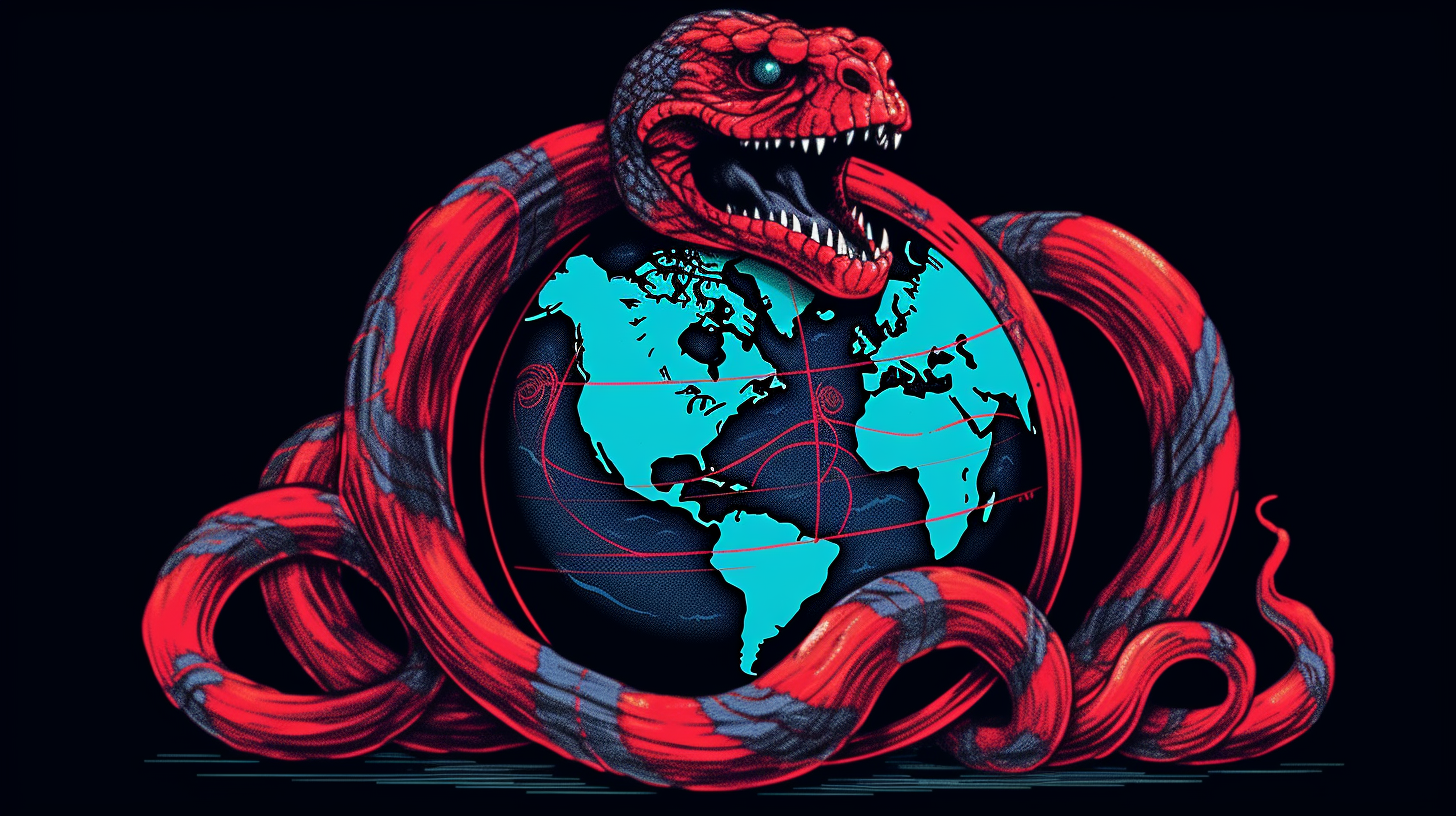What is the importance of Taiwan to the Chinese Communist Party (CCP)?

Originally published on 22 NOV 2020 on Stand with Freedom Blogger
Legitimacy as a government is something the Chinese Communist Party (CCP) strongly desires, as they are constantly reminded that the preceding government was what established China as an international player for the current era and is still recognized as an important political influence to China.
Background
Taiwan remains governed by the Republic of China (ROC) following the Mainland usurpation of power by the CCP. As the ROC was the legitimately recognized government of China following the warlord era in early 1910s all the way into WWII, it is the final obstacle blocking the CCP’s way to obtaining “total legitimacy” to rule China and this is most of the reason behind the CCP wanting to conquer Taiwan. Unquestionable ruling power over China would mean free reign of control by the government in a Communist regime that makes its own rules. Without another challenging their authority as a true government, the CCP would also be able to drastically change its international relationships and trade deals, and not necessarily for the betterment of the World.
Generally, a government typically comes to power in two ways: either a political party or individual is elected by the people into power, or power is transferred from one entity to the next from a previously established government, either voluntarily or forcefully. The ROC was internationally recognized as the legitimate Chinese government following the chaos that began with the collapse of the dynastic system. After the death of the first elected President of the Republic of China, Yuan Shikai, the country’s army split into various warlord factions. At that time, the Nationalist party called the Kuomintang (KMT), led by Chiang Kai-shek, defeated the warlords and unified the country in 1928, and the KMT subsequently received international recognition as the legitimate governing power.
With this recognition at the international level, China was able to develop multiple trade deals and financial agreements that the KMT initiated to develop the country and military. When the KMT was ousted for their unpopular ruling techniques by the power-hungry CCP, these previous financial obligations did not disappear, and according to the standards specified in the international bonds, the CCP should have taken them over. However, the CCP has selectively decided to pay back some debts over others, and has conveniently avoided paying back the millions it owes to the U.S. However, the CCP still claims that it follows all its obligations to the country and people.
Today
The CCP also says it has made China the leader of global trade, yet it outright disregards standards put in place to protect the people and economies of countries that involve itself with China. As a result of defaulting on its debt to the U.S., the CCP has put the country in an extreme negative field of debt, but it has found ways to circumvent these boundaries and raise billions in U.S. dollars. A popular example is the Chinese stock market giants that are not required to adhere to any taxation or financial transparency requirements every other business that functions on the NYSE has to.
If the CCP was able to conquer Taiwan, which currently shares a defence treaty with the U.S., it would mean an unprecedented scope of power would be used to keep China from adhering to any previous or current international laws, as well as even more crushing oppression for the people of both China and Taiwan. As the CCP proceeds to make more aggressive moves towards Taiwan, such as brazening fighter jets over the island’s airspace, one can only wonder if U.S. involvement will escalate given the import of the island for both China and the international community.
Sources (in order of appearance):
- Wu, Su-wei. “PLA Aircraft Cross into Taiwan's ADIZ.” Taipei Times, The Taipei Times, 18 Sept. 2020, taipeitimes.com/News/front/archives/2020/09/19/2003743692.
- Ministry of Foreign Affairs, Republic of China (Taiwan). “History.” Government Portal of Republic of China, Taiwan, Ministry of Foreign Affairs, Republic of China (Taiwan) , 2018, www.taiwan.gov.tw/content_3.php.
- Hang, Li-wu (1983). 中華文物播遷記 (in Chinese) (2 ed.). Taipei: The Commercial Press.
- Odd Arne Westad, Restless Empire: China and the World Since 1750 (2012) p. 291.
- Luo, Yanming. “毛泽东与中国统一大业 (Mao Zedong and the Great Cause of China's Reunification).” 中国共产党新闻网, 人民网, 4 Nov. 2013, 14:02, dangshi.people.com.cn/n/2013/1104/c85037-23425576.html.
- Chabot, Steve. “H.R.535 - 115th Congress (2017-2018): Taiwan Travel Act.” Congress.gov, 115th Congress , 16 Mar. 2018, www.congress.gov/bill/115th-congress/house-bill/535.



